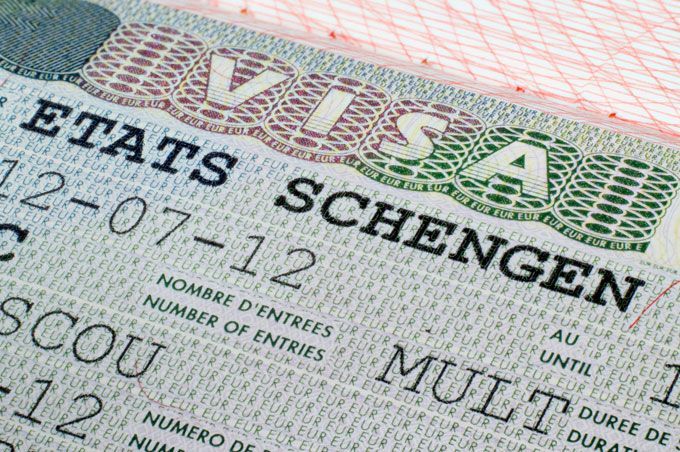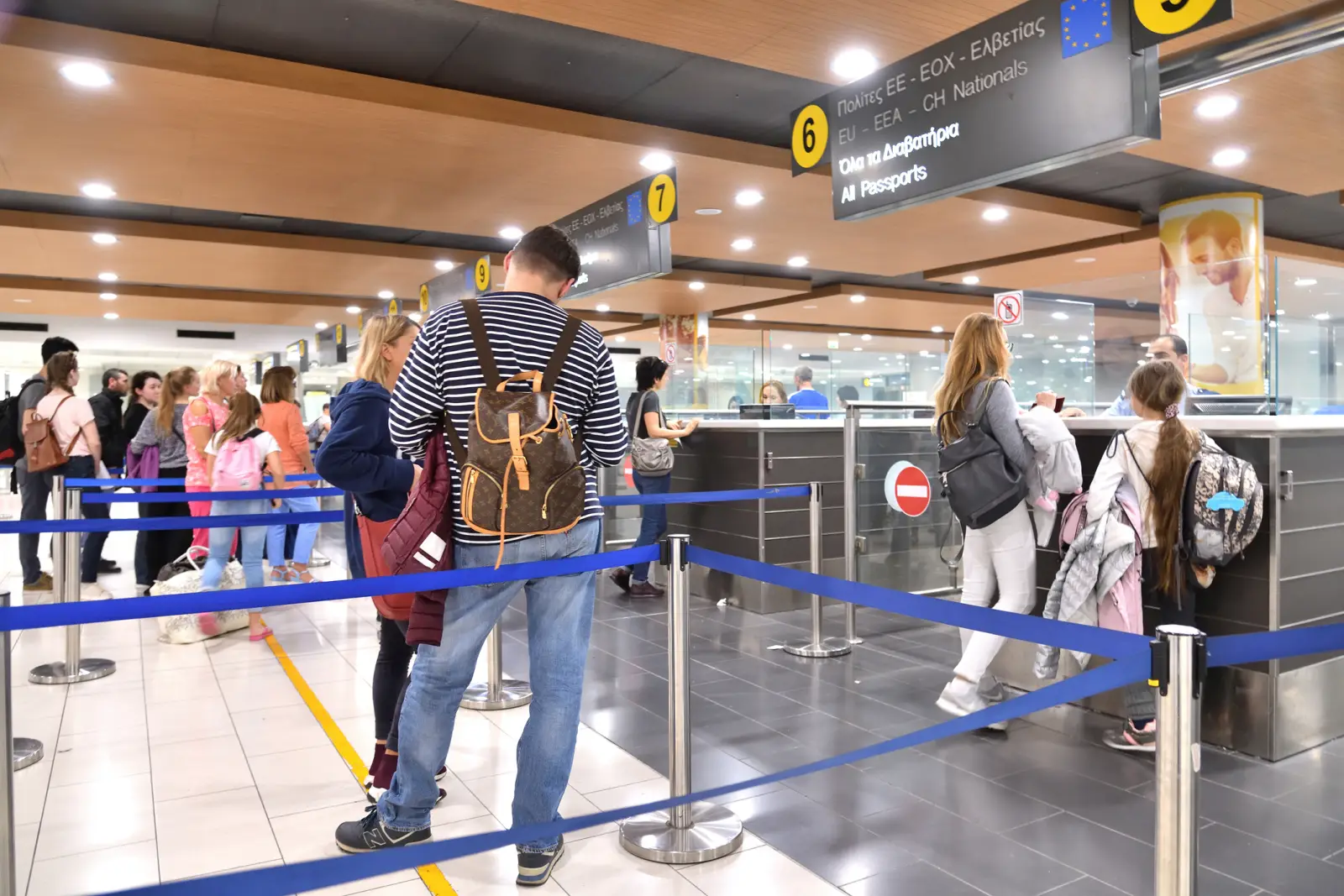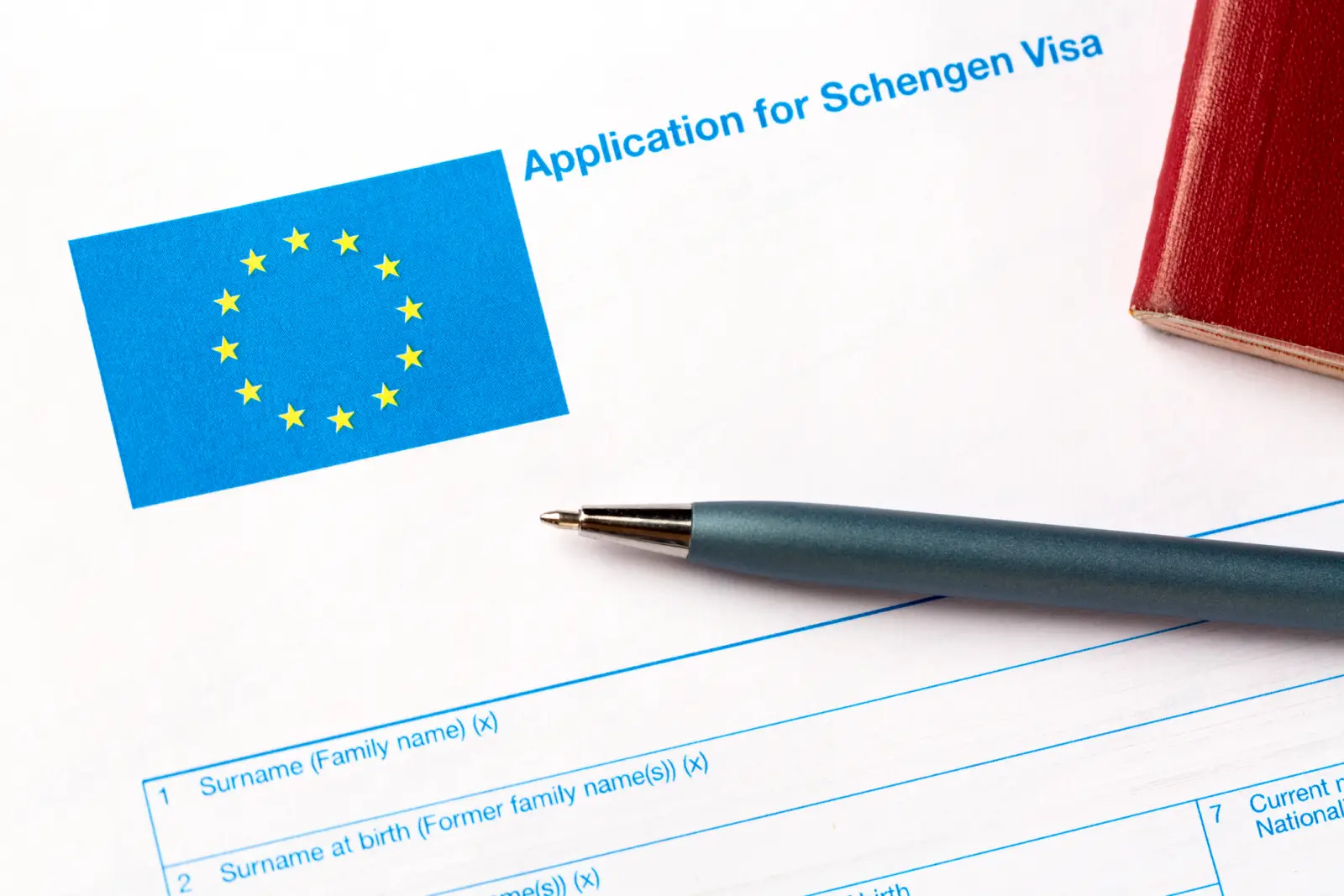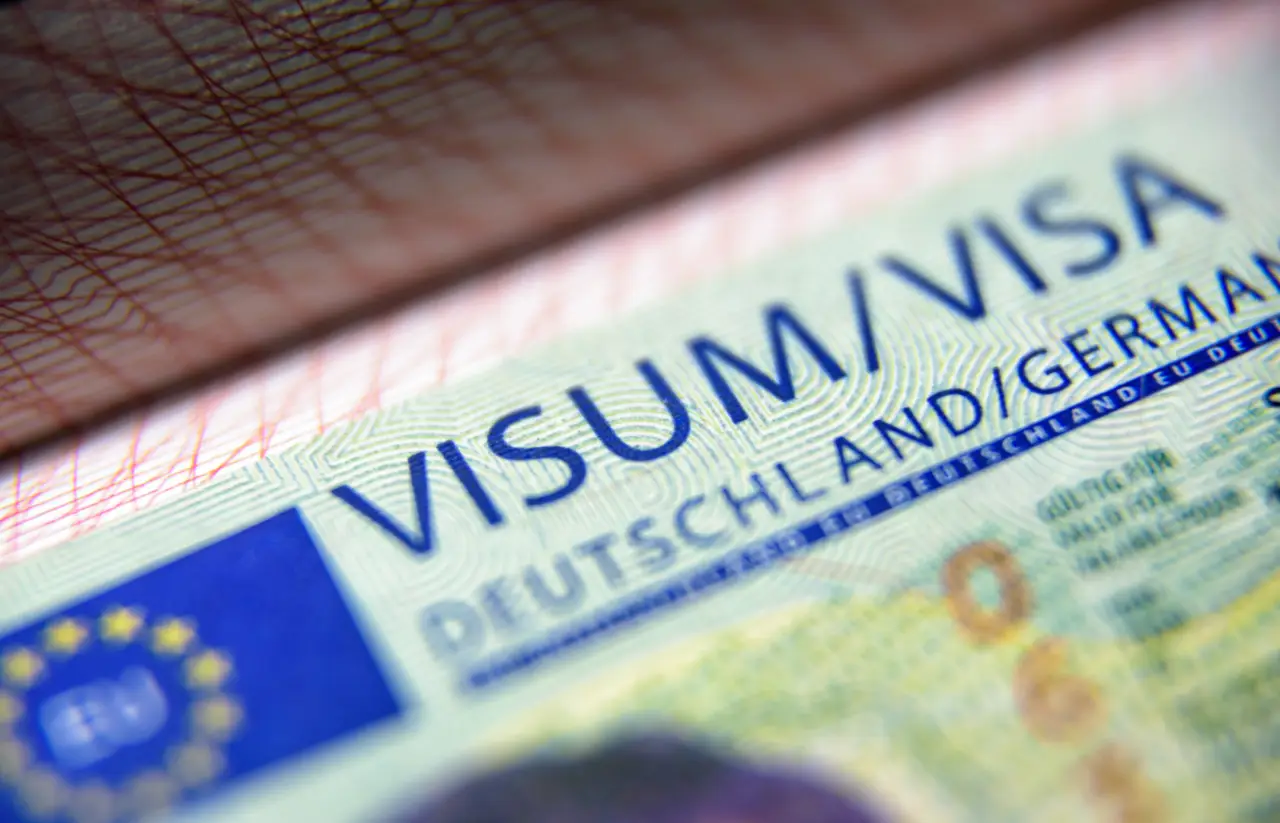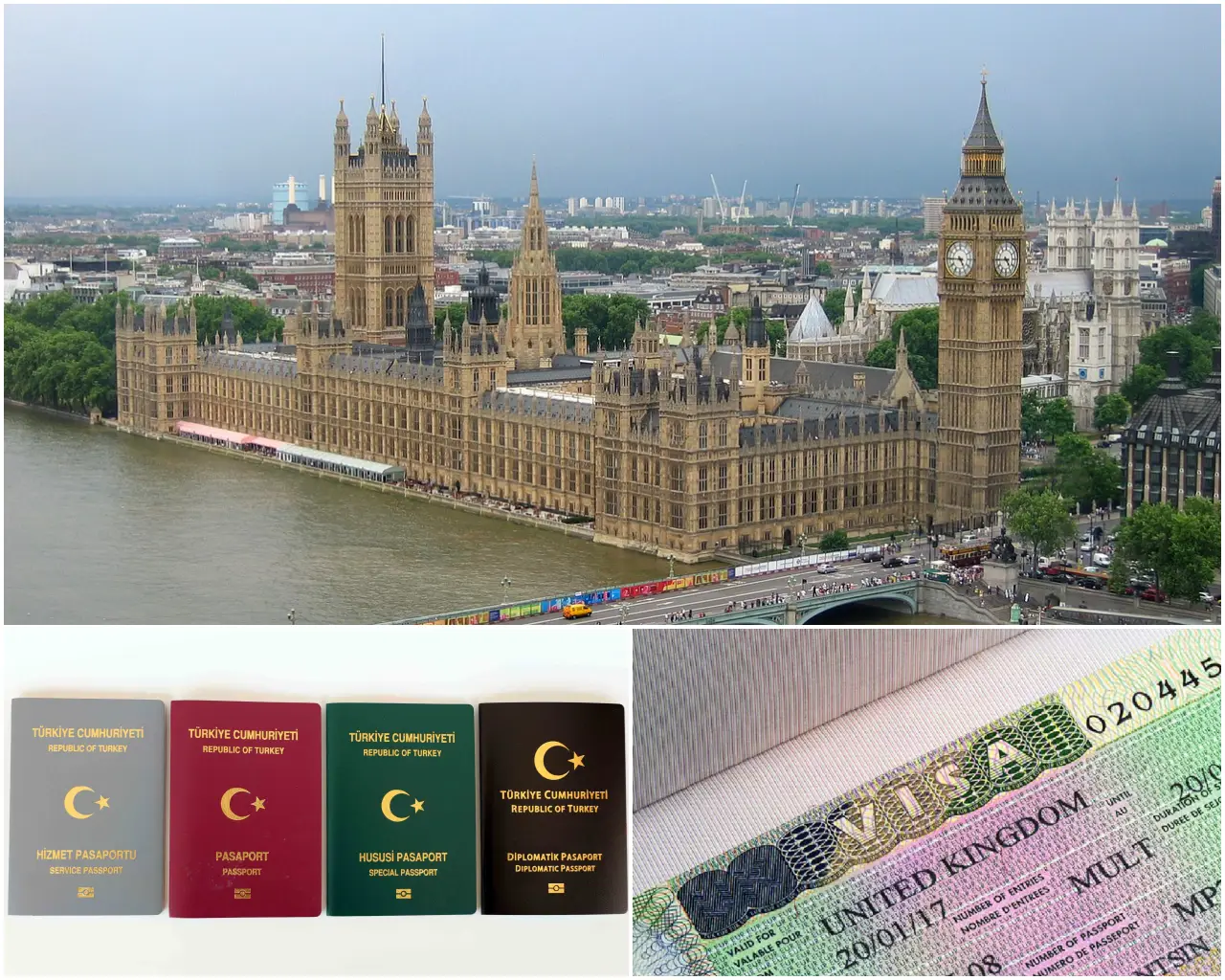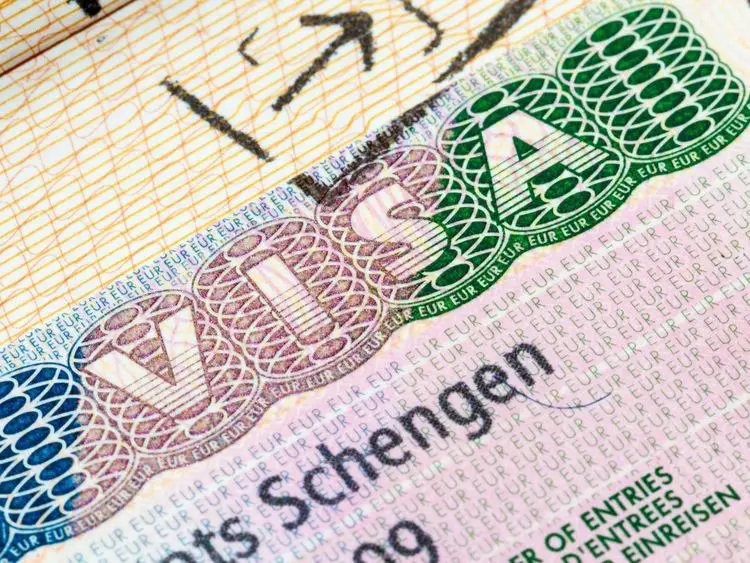Tomorrow, 31 March, Bulgaria and Romania are officially becoming part of the Schengen Area. This advancement follows the European Council’s landmark decision in December 2023.
The integration into the Schengen Zone has been warmly welcomed by the European Commission. It signifies a pivotal extension of the world’s most extensive area free of internal border controls.
Preparations have been thorough since the Council’s decision last December, with both nations meeting the necessary criteria for Schengen membership. In collaboration with the Commission, they have ensured readiness for seamless integration.
President of the European Commission, Ursula von der Leyen said: “Tomorrow marks an important day: Bulgaria and Romania join the Schengen family. I welcome the lifting of internal air and sea border checks. This is a great success for both countries. And a historic moment for the Schengen area – the largest area of free movement in the world. Together, we are building a stronger, more united Europe for all our citizens.”
This March saw the launch of a Cooperation Framework aimed at bolstering asylum and return procedures. It represents a step forward in border and migration management cooperation among member states.
Since last December, both Member States have taken all necessary measures to ensure a smooth application of the Schengen rules as from 31 March 2024. The Cooperation Frameworks launched earlier this March by the Commission together with Bulgaria and Romania build on the successful implementation of the pilot projects for fast asylum and return procedures. With these Cooperation Frameworks, Romania and Bulgaria will further contribute to strengthening the cooperation on border and migration, as well as to the joint European efforts to address EU security at external borders and migratory challenges.
Furthermore, a regional initiative on police cooperation was established between Member States along the Western Balkan and Eastern Mediterranean routes, including Bulgaria, Romania, Austria, Greece, Hungary and Slovakia. This will allow to address related challenges jointly and in a sustainable manner, including as regards cross-border crime.
Bulgaria and Romania have continuously demonstrated a high level of commitment in ensuring an adequate protection of the EU external borders and have constantly acted as key contributors to the internal security of the Schengen area.
The Council will need to take a decision to establish a date for the lifting of checks at internal land borders between Bulgaria, Romania and the other Schengen countries. The Commission will continue to provide all necessary support to the Presidency of the Council to ensure that a decision on land borders can be taken in 2024.
Already in 2011, the Commission confirmed in the Schengen Evaluation reports that Bulgaria and Romania have met all requirements to be fully part of the Schengen area. The Commission has actively supported this process.
The Schengen area without control at its internal borders is one of EU citizens’ most cherished achievements. What started as an intergovernmental project between five Member States in 1985 – Belgium, France, Germany, Luxembourg and Netherlands – has gradually expanded to become what is today the largest area of free movement in the world. Besides facilitating free movement of people without internal border controls, Schengen significantly benefits Europe’s economy.







